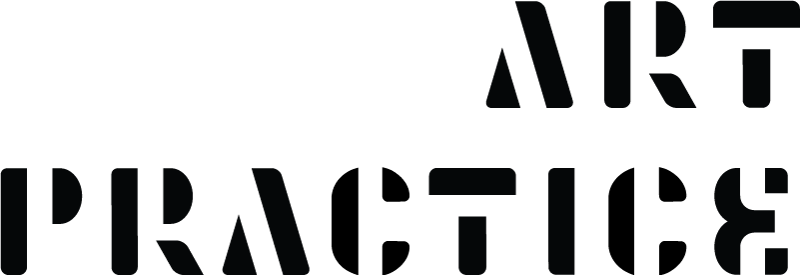An Interview with Connie Zheng [MFA 2019], Graduate Fellow at the Headlands Center for the Arts
What are you doing at the Headlands?
Hiking, admiring the surrounding plant life, watching the gold dust of the sunset. I'm also working on a film and book project called The Lonely Age that I started in my last semester of grad school. It's about seeds that wash up on the shores of a toxic, gray California and are rumored to have curative properties but are also sentient.
Tell me about your background as an artist.
I grew up drawing and painting constantly — drawing all over the walls, making my own picture books, designing movie posters for films that hadn't come out yet. As a little kid, I was trained in the Chinese social realist style of drawing and painting by a local teacher who taught drawing and painting fundamentals to many of the immigrant Chinese kids in our apartment complex. I've wanted to be an artist since I was maybe five or six years old but ended up majoring in Economics and English at Brown as an undergraduate — my parents and I are first-generation immigrants and nobody in our family is an "artist". My parents landed in this country with two suitcases to their name, and I grew up not knowing of any American artists (living or dead) who were POC.
After I got my undergraduate degrees, I worked in design and applied research for several years before I course-corrected hard and applied to grad school — with honestly no idea of what an MFA might entail and a very patchy, mostly self-assembled understanding of contemporary art. I entered graduate school with a strictly drawing and painting practice, and I'd never made anything resembling performance, video, sculpture, or installation at that point. I just knew that making visual art opened this other channel of communication for me, one that was embodied and existed on a register different from the other forms of language and processing with which I'd been familiarized. I'd never taken any art classes in college and developed my grad school portfolio after taking a few continuing education classes at CCA and SFAI, where I learned quite a bit from my excellent and supportive instructors. I am so grateful to those teachers for believing in me during that time.
What was the “inciting incident” that led you to become an artist?
I'm not sure that there was an "inciting incident" that led me to "become" an artist, because I think you can be an artist before you identify yourself as such. If you're asking what motivated me to apply to grad school, I'm also not sure that there was a particular "moment". It felt like more of a slow buildup — of years of deep longing, desire and curiosity. But I do recall there being a moment in the summer right before I applied, when a poet friend told me that he was planning to apply to MFA programs in poetry, and I figured I'd go for it too. I didn't feel ready at that time, but I thought I might as well try.
What medium do you usually work in, or, do you work in more than one? What brought you to the medium, or mediums, in which you work?
I tend to move between media and materials. I write, make videos and films, draw, paint, make objects, perform, and create installations. My main project at the moment is a video and film work, which is an exciting way for me to bring all of these practices together.
What artist, whether living or dead, has inspired you the most? Why? Also, who has inspired you the most who is NOT an artist?
Ellen Gallagher was unquestionably the first artist who taught me that an expanded drawing practice was possible. As for other inspirations ... definitely my parents. It's cheesy and predictable, but I am truly so grateful and awed by them. They're some of the most hard-working, determined, resilient people I know. Everything that I've ever received in my life and have been able to do is a testament to their sacrifices and belief in me.
Do you have any advice for our undergrads?
There is literally nobody else in the world who has had the exact same set of experiences as you've had; therefore, you are in possession of a visual language and artistic voice that are unique to you. Love that voice, interrogate it, take it apart and reassemble it, but always cherish it, and know that you have something valuable to say.
What's your website?
Connie Zheng is an interdisciplinary artist, writer and filmmaker who was born in China, grew up in the Northeastern United States, and is currently based out of Berkeley, California. Her work is interested in developing new language around climate apocalypse, the difference between “disaster porn” and “disaster erotica”, diasporic place-making, and the political potentials enabled by fantasy as a means of community-building amidst climate change. She likes to think about the different forms that propaganda can assume and how to use new combinations of visual and text-based language to catalyze collective thinking about climate change, which she sees as the biggest ideological threat of our time.
She received an MFA in Art Practice from UC Berkeley, as well as a BA in Economics and English (Creative Nonfiction) from Brown University. She is currently a Graduate Fellow at the Headlands Center for the Arts.
